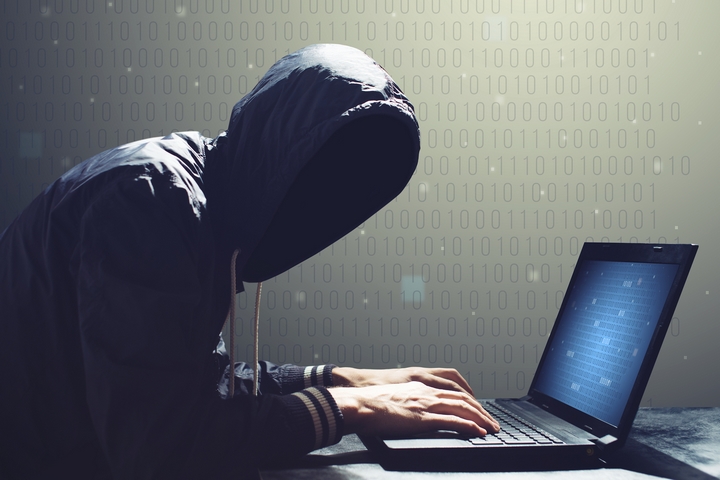The Internet is a wonderful tool and resource that has become an essential part of our lives. There are many excellent Internet package providers that provide online access around the world. These Internet services have opened our lives to a new world of endless possibilities.
However, it can also be a very dangerous place if we are not being careful enough as we surf the web. Precautions and common sense can help us all stay safe, but there are situations where they are simply not enough.
If you want to make the most of the Internet while keeping your peace of mind, share these 10 useful Internet safety tips with your whole family.
1. Pay attention to your privacy settings

One of the dangers of using the Internet is that people with bad intentions might try to learn everything they can about you so they can steal your identity, and even use your credit card.
Fortunately, web browsers and social media websites have privacy settings that can help you stay safe. Pay attention to those settings, and make sure they are enabled at all times.
2. Use a reliable antivirus program

If you don’t have a reliable antivirus program installed on your computer, it could get infected by malware and viruses. Your devices and your precious files will be a lot safer if you have the right antivirus.
When you have found a reliable and efficient one, learn more about how it works to protect your computer and prevent different issues, and make sure you update it frequently.
3. Don’t visit suspicious websites

Some websites are simply not safe to visit, and you could run into different problems if you spend some time browsing through them. If a website seems suspicious to you, leave it immediately.
Keep in mind that cybercriminals often use lurid and questionable content to try to attract unsuspecting website visitors, and to get them to click on a link or to download something. Only visit websites that seem safe and reliable.
4. Be careful when you receive an email that looks suspicious

Have you ever heard of phishing scams? They are emails that cybercriminals send to people to get them to download malware or to share some of their private information.
If you receive an email that doesn’t seem legitimate, don’t open it and delete it. If an email that seems suspicious tells you your PayPal account has been compromised, for example, log in directly on PayPal’s website to verify if that is true.
5. Never download something from a website you don’t trust

There are programs or apps that have been designed to infect your computer with viruses, or to steal your private information without your knowledge.
You should never download something from a website you don’t trust, or from an email that looks suspicious. Only download content from safe sources, and only if your antivirus program approves of it.
6. Never purchase something from a website that isn’t secure

Similarly, you should never purchase goods or services from a website that isn’t secure, and doesn’t look safe. Hackers are working hard to try to get their hands on your credit card and bank account information, and you shouldn’t make things easier for them.
Before you purchase anything, one of the best Internet safety tips is to make sure the address of the website you are visiting starts with https. It should come with a little padlock icon next to it.
7. Don’t publish any personal information on social media

If you are a Facebook or Twitter user, or if you have a profile on other social media websites, make sure you don’t share personal information unless it’s absolutely necessary.
Keep in mind that anything you post could be seen by cybercriminals, and used to their advantage. For example, sharing your home address on your profile, and then publishing a post about the exact dates of your next vacation is a very bad idea.
8. Don’t post anything online that you might regret later

Many of us turn to social media to share fun pictures, or to express ourselves and share our opinion on different topics. But keep in mind that anything you post online will probably remain online forever.
Be sure to not post anything that you might regret later. The things you publish today on your social media account could affect your life negatively in the future.
9. Be sure to choose strong passwords for your different accounts

If you are always using the same password, you are putting your online accounts in danger. You should get a different password for each of your accounts, and you should try to create strong passwords that will be difficult for hackers to guess.
A strong password should contain at least 12 characters, including letters, numbers, and special characters.
10. Tell your kids to never meet with someone they have only met online

It’s alright if your kids spend some time chatting with their online friends, but make sure they know it could be dangerous to agree to meeting with one of them in real life.
People are not always who they claim to be, and people with bad intentions often use the Internet to try to approach children.

